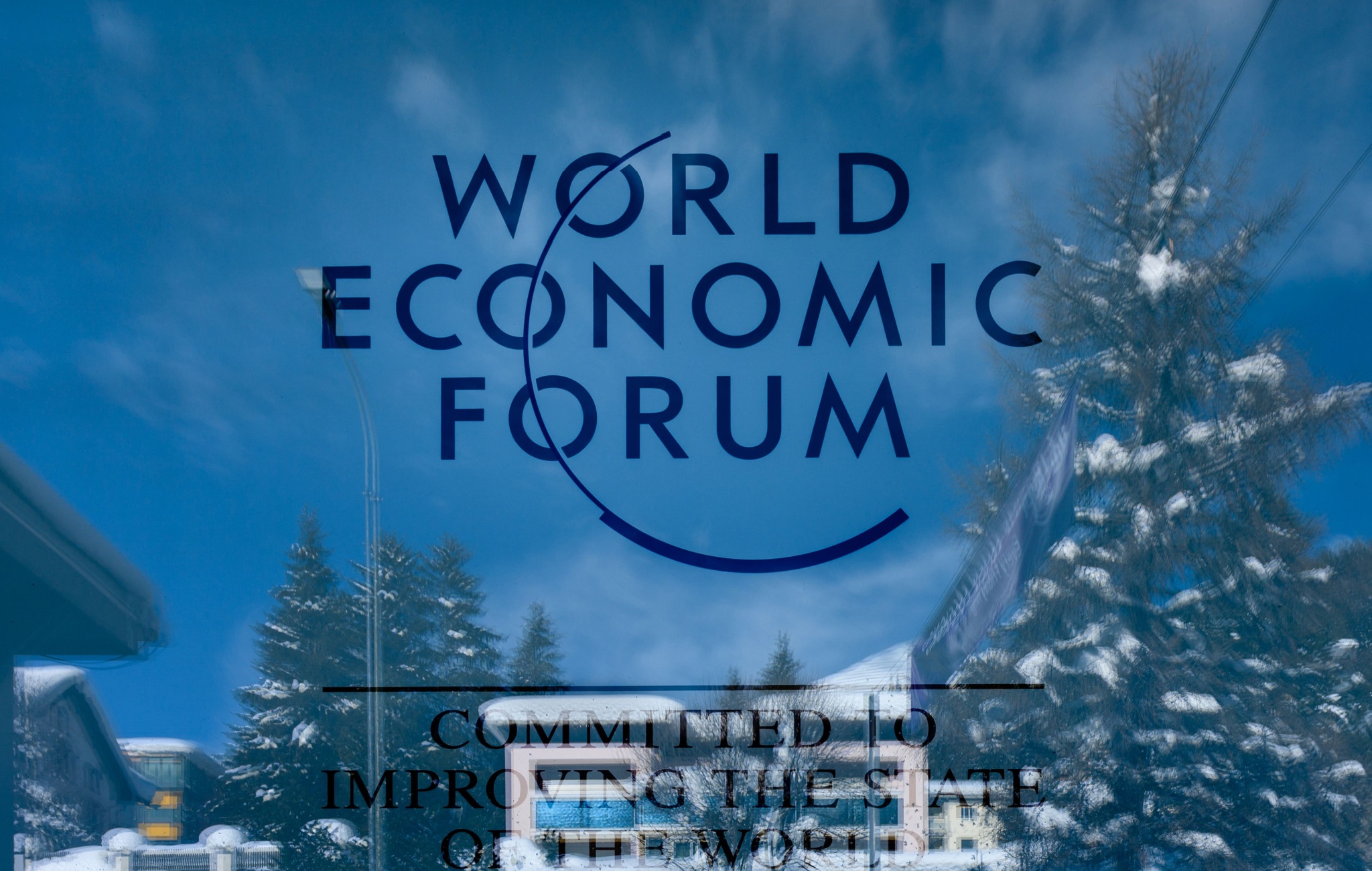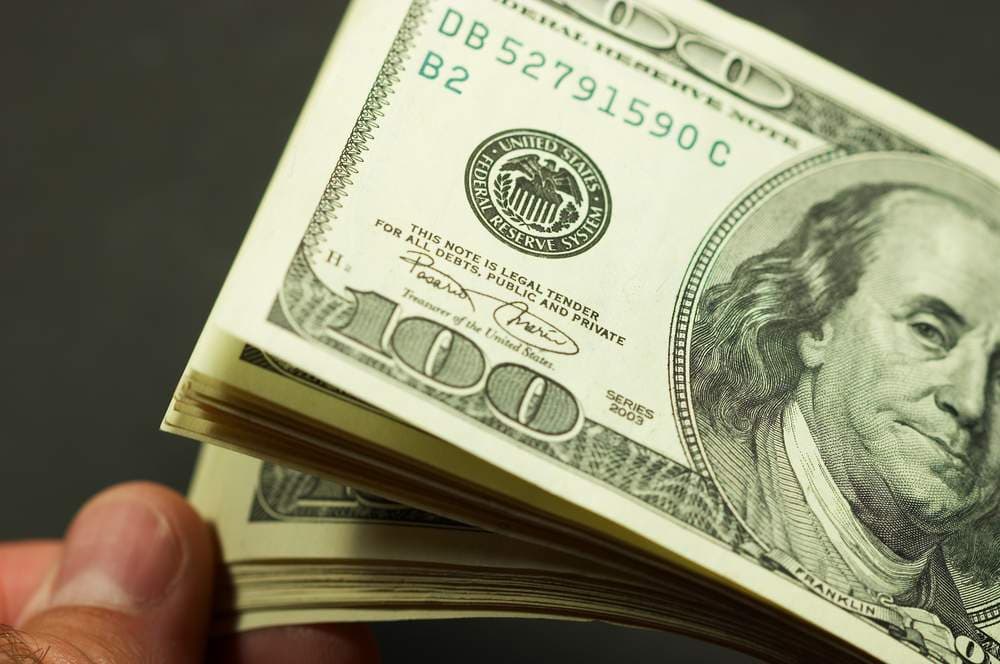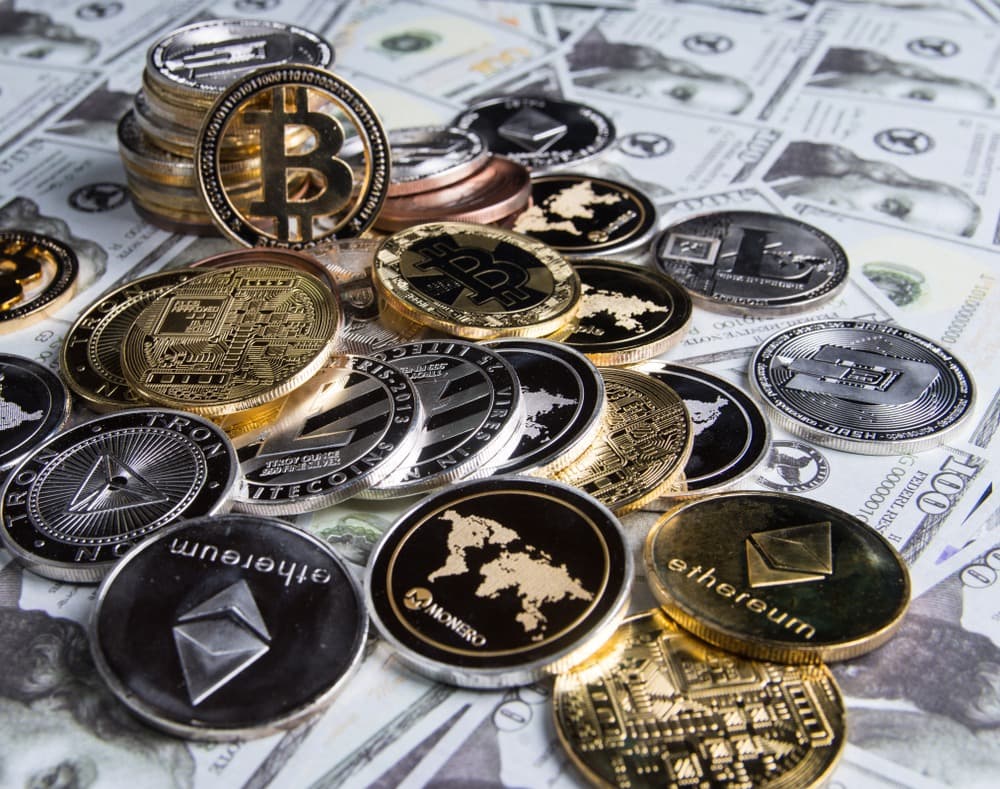
Paul Muller, The Daily Economy

Davos Does Damage Control
The world’s patience with Great Reset, net-zero carbon, and similar schemes has waned as economic realities continue to intrude on elites’ misguided priorities.
•
Although you may have missed the memo, leaders from around the world have gathered in Davos, Switzerland this week for the annual World Economic Forum (WEF) conference. This conference was a focal point for advancing globalist ESG policy around the world. Recent conference themes include “Safeguarding the Planet” and “Rebuilding Trust.” No matter the issue, attendees have taken it upon themselves to save the world from itself.
But while WEF and the Davos community claim to “bring together government, business, and civil society to improve the state of the world,” they tend to focus on wielding political power to implement their grand strategies – such as “The Great Reset.” But the Davos crowd are clearly on the backfoot this year as they attempt to do damage control.
Their climate agenda has fallen apart. The global net-zero emission alliances (Glasgow Financial Alliance for Net Zero) launched in 2021 have disintegrated. The global Net-Zero Insurance Alliance fell apart last year. The Net Zero Asset Managers Initiative suspended its activities earlier this month after its largest member, Blackrock, withdrew. And the Net Zero Banking Alliance has seen most major US banks withdraw in the last month, with four Canadian banks following suit last week.
The global climate change movement has also suffered some bad press over the past couple years. COP 28 in Dubai was controversial because of the fossil fuel focus of the region. The hope was to get the biggest fossil fuel producers on board with the green energy transition. COP 29 in Azerbaijan revealed how badly this gambit failed. The conference president chided European elites for dictating priorities to other countries and he called fossil fuels a gift from God. The presence of thousands of attendees from fossil fuel companies and interests further belied the climate activists’ hope of reducing the use of fossil fuels and creation of greenhouse gas emissions.
The Davos conference itself took a black eye last year at its conference to “rebuild trust.” A fiery exchange with the president of the Heritage Foundation and a paeon to the virtues of free markets by Argentinian President Javier Milei flew in the face of Davos elitism and political planning. These talks were symptomatic of broader political changes around the world. Right-of-center and “conservative” parties have made huge gains in France and Germany. In Canada, left-leaning Justin Trudeau resigned under a variety of pressures related to the results of the US election. And of course, the US just inaugurated President Trump for a second term – with renewed focus on domestic fossil fuel development and no appetite for global elite dreams of a “Green Transition.”
Davos elites are losing the argument for net zero, a circular economy, and a Great Reset. They have lost significant ground among tech billionaires and Silicon Valley entrepreneurs who have an insatiable appetite for cheap energy to power their data centers. They have likewise failed to recognize and appeal to national geopolitical interests. Europe has borne the brunt of their “planning” for the past twenty years, and suffered for it.
The growth of the largest economies in Europe has slowed to a crawl over the past fifteen years. Germany’s economy was only 22.9 percent larger than it was in 2009. France’s economy was only 19.9 percent larger than in 2009. Even the United Kingdom has only seen its economy grow 25.6 percent (Figure 1). Compare that with the United States, whose economy has grown 43.6 percent. Nor is this an aberration. Growth since 1995 was 42.1 percent for Germany, 55.6 percent for France, and 71.9 percent for the UK. The US, on the other hand, grew 106.7 percent since 1995 in real terms.

The Russia-Ukraine war has rattled Europe and shifted its priorities. The US–China rivalry continues to heat up, with significant anger at Davos elites for what appears to be a double standard favoring China. The Davos crowd has primarily pushed costly and wasteful renewable energy subsidies and mandates in Europe and the US while China builds coal power plants like there is no tomorrow. Other oil-producing countries seem only to have feigned interest in a Green Transition. They remain as active as ever pulling oil out of the ground and selling it wherever they can.
As a result, the World Economic Forum and their Davos network have begun pivoting away from their unpopular positions on climate and energy to talk more about AI, technology, and business. But the question we should ask is: “What new hare-brained scheme will the Davos elite attempt to push on the world next?”
Whatever it is, it will find a much less friendly reception than it did in previous years.




